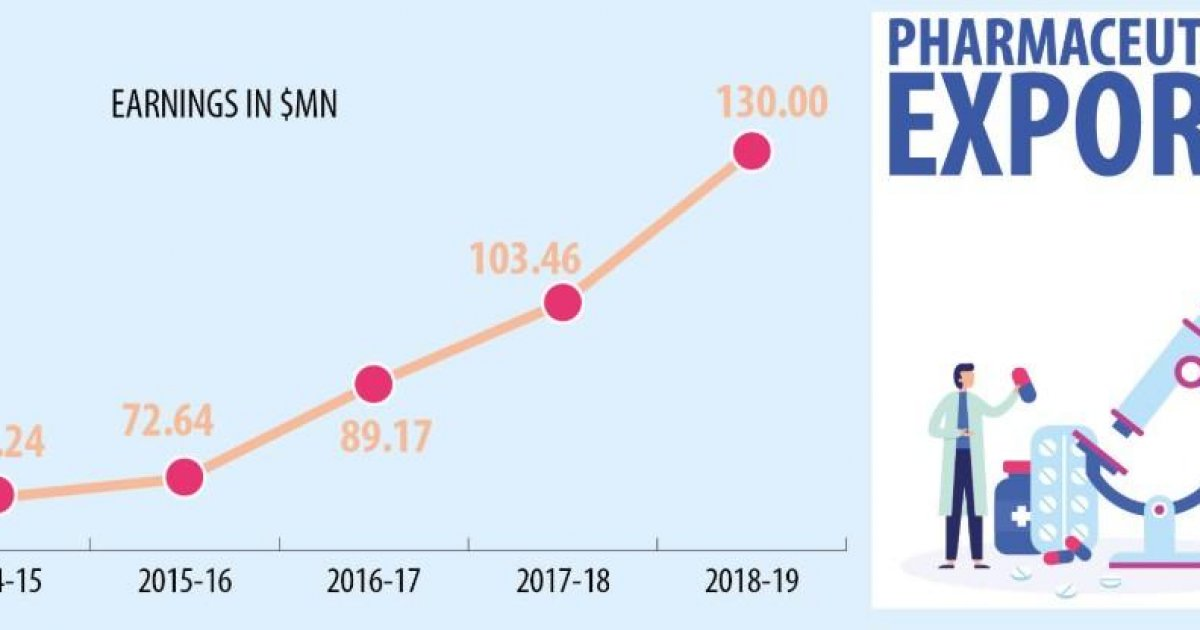The future of the pharmaceutical sector in Bangladesh looks bright, as the country is expected to continue its rapid economic growth and development in the coming years. The pharmaceutical industry in Bangladesh has been growing at a steady pace in recent years, and this trend is expected to continue in the future.
Among the Third World countries, Bangladesh is the one and only one country which has a very developed infrastructure in the field of manufacture and quality control of drugs. It has a strong drug regulatory authority entitled, "Directorate general of Drug Administration (DGDA)" under the ministry of health and family welfare. It regulates the pharmaceutical industrial sector in respect of manufacture, quality assurance and control, distribution, sales and marketing, import and export of drugs by enforcing related policies, laws, rules and regulations. It also has a strong pharmacy education controlling authority entitled, "Pharmacy Council of Bangladesh (PCB)" formed according to the Pharmacy Ordinance of 1976.
As a member of the World Health Organization (WHO), Bangladesh obeys and implements the Good Manufacturing Practices (GMP) in the manufacture and quality control, import and export of drugs, medical equipments and other accessories. At present, Bangladesh produces about 95% of all kind of medicines and imports only 5% of medicines which are basically DNA recombinant technology-based or so called high-tech drugs Many of the active pharmaceutical ingredients (API) and excipients are also produced in Bangladesh by the local manufacturers.
The Increasing demand for pharmaceutical products in the global market is also expected to contribute to the growth of the sector in Bangladesh. Bangladesh has a strong reputation for producing high-quality pharmaceutical products at affordable prices, and this is expected to continue in the future.
On the other hand, bachelor of pharmacy and master of pharmacy courses are offered in many public and private universities. Qualified graduate pharmacists are available to render clinical and community pharmacy care services. Government is trying to open hospital and community pharmacy that will open new horizon for the pharmacists to offer their services to the society.
In conclusion, the
future of pharmacy in Bangladesh looks bright. The increasing demand for
healthcare services and the focus on research and development, as well as the
increasing demand for pharmaceutical products in the global market, will all
contribute to the growth of the sector in Bangladesh.






0 Comments